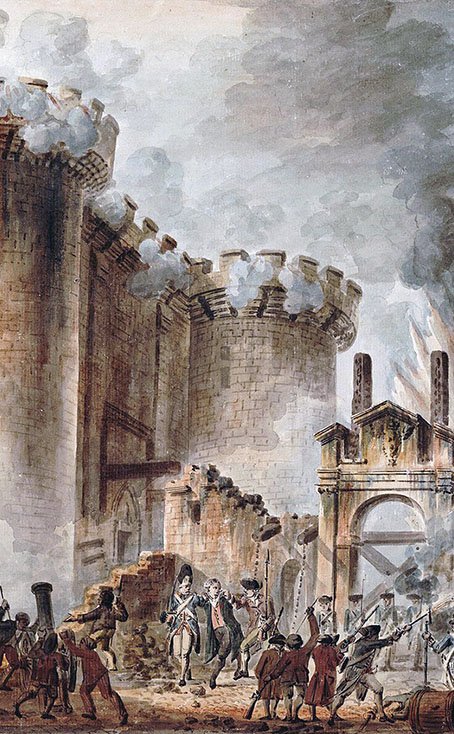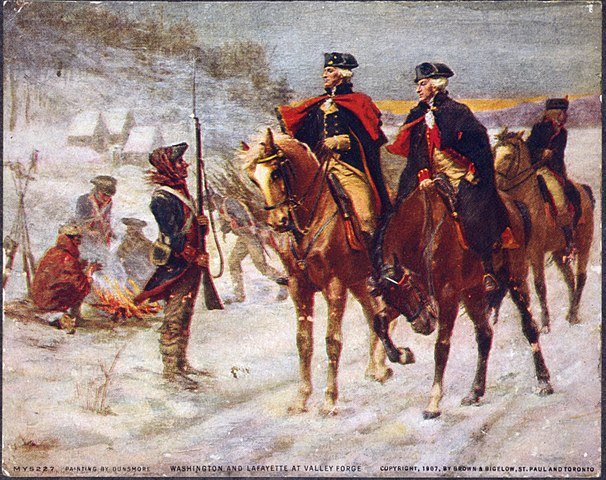“The present war in Europe is a war of kings against the people, of power against opinion.”1 — Samuel Stillman
France was in the midst of Revolution when Stillman2 uttered the words above in 1794. Five years prior (July 14, 1789), the Bastille was stormed and the exhilarating process of dismantling it began.

Under the elites of that era, the Bastille was where unwanted opinions went to die. It was a sort of think tank for political prisoners. Locked in the fortress, they had plenty of time to regret (or not) their crimes against the “thought police” while awaiting the guillotine or other punishments. These dissenters were effectively cancelled.
However, irony is the laughter of fate: what goes around comes around. The current despots might do well to reflect on this. These former tyrants apparently didn’t and the rest is history. The whole of the French Revolution might, in fact, be called “what goes around comes around.” If no other lesson can be learned from it, that one is enough. Chateaubriand3 said, “The fall of the Bastille was the fall of despotism…”
It was the Marquis de Lafayette, commander of the Paris National Guard, who led a group of citizens to the Bastille to demand the release of weapons and ammunition. His involvement in the event symbolized the popular uprising against royal authority and became a pivotal moment in the Revolution. Lafayette was also a major player in the American War of Independence. He sent the key to the Bastille to his friend, George Washington, as a symbolic gesture representing the triumph of liberty over tyranny. The key is still on display at Mount Vernon.
Despite facing criticism and opposition, Washington4 defended the importance of free expression and believed in the value of diverse opinions and open debate. His actions and words demonstrate that protecting and respecting freedom of speech is essential for a thriving republic and the exchange of ideas. He still holds the key to the Bastille. The ideals of the nation he fought for and led can unlock prison doors and break the chains of despotism.

While the Bastille was “cancelled” long ago, our generation faces the same spirit behind that awful fortress of oppression. We must remember that freedom is not the gift of any government—or despot. Freedom is from God alone. As such, we must “let freedom ring” through our voices and never forget those who suffered and died to defend this sacred right.
- Quote from a Thanksgiving sermon delivered on November 20, 1794.
- Samuel Stillman (1737-1807) was a Baptist minister in Boston who preached to the likes of John Hancock, President John Adams, and General Henry Knox. He was also a ratifier of the U.S. Constitution in Massachusetts and an original trustee of Brown University.
- François-René de Chateaubriand (1768-1848) was a prominent French writer and diplomat of the Romantic period, known for his influential literary works and his role in shaping French literature and politics.
- Washington is “cancelled” by many today because he was a slave holder. His historic stance on slavery, however, is little known. He thought it “wicked, cruel, and unnatural.” When Lafayette bought a plantation for the purpose of freeing its slaves and giving them tenancy over the land, Washington praised him and said: “Would to God a like spirit would diffuse itself generally into the minds of the people of this country…” For more, see the Wallbuilder’s article entitled “George Washington, Thomas Jefferson & Slavery in Virginia.”
